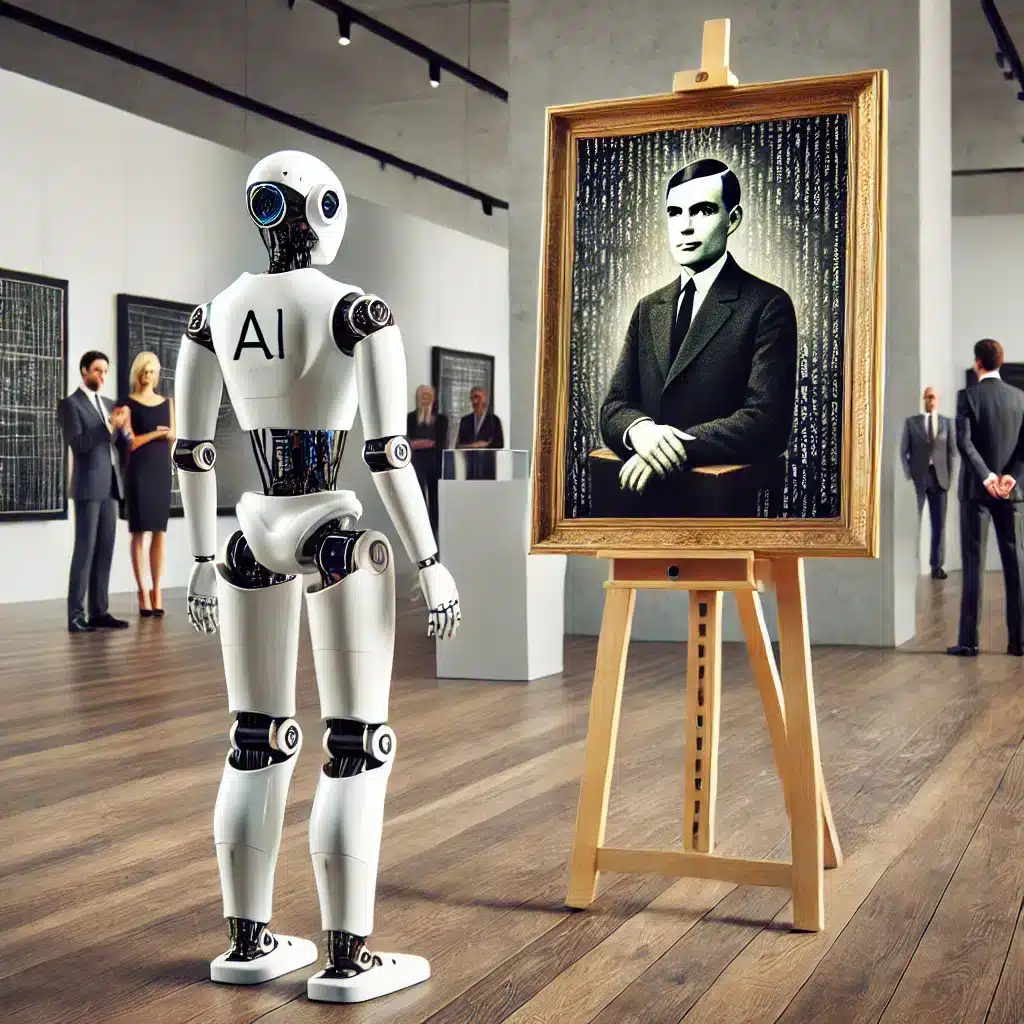Understanding Artificial Intelligence (AI)
Artificial intelligence, often abbreviated as AI, is a rapidly evolving field that involves the development of intelligent machines capable of performing tasks that typically require human intelligence. AI systems are designed to learn from data, adapt to new inputs, and perform tasks autonomously. The concept of artificial intelligence dates back to the mid-20th century when researchers began exploring ways to create machines that can mimic human intelligence.
What is AI and How Does it Work?
Definition of Artificial Intelligence
Artificial intelligence refers to the simulation of human intelligence in machines that are programmed to think and act like humans. These machines are designed to perform tasks such as learning, problem-solving, and decision making.
Key Concepts in AI
Key concepts in AI include machine learning, neural networks, deep learning, and natural language processing. Machine learning is a subset of AI that enables machines to learn from data without being explicitly programmed. Neural networks are a set of algorithms modeled after the human brain that are used to recognize patterns in data.
Applications of AI
The applications of AI are vast and diverse, ranging from virtual assistants like Siri and Alexa to advanced AI models used in autonomous vehicles, healthcare diagnostics, and financial forecasting. AI has the potential to transform industries and enhance human capabilities in ways we never thought possible.
The Evolution of AI Technology
History of AI
The history of AI can be traced back to the 1950s when the term “artificial intelligence” was first coined. Over the decades, AI has evolved significantly, fueled by advances in computing power and the development of sophisticated algorithms.
Types of AI Systems
There are different types of AI systems, including narrow AI, which is designed for specific tasks, and artificial general intelligence (AGI), which aims to replicate human intelligence across a wide range of tasks. The development of AGI remains a long-term goal for many AI researchers.
Future Trends in AI
The future of AI is promising, with advancements in generative AI, deep neural networks, and AI ethics shaping the direction of the field. AI technologies are expected to continue evolving, with new AI applications emerging in various industries.
Benefits and Challenges of AI
Advantages of AI
The benefits of AI are numerous, including increased efficiency, enhanced decision-making, and improved accuracy in tasks that require complex data analysis. AI has the potential to revolutionize industries and drive innovation in ways that were previously unimaginable.
Ethical Concerns in AI
Despite its benefits, AI also raises ethical concerns related to data privacy, bias in algorithms, and the impact of AI on jobs. Ensuring that AI systems are developed and used responsibly is essential to mitigate these risks.
Trust and Transparency in AI
Building trust and transparency in AI systems is crucial for fostering public acceptance and understanding of AI technologies. Organizations that develop AI tools must prioritize transparency, accountability, and fairness in their AI systems.
AI in Different Fields
AI in Healthcare
In healthcare, AI is used for medical imaging analysis, drug discovery, personalized medicine, and patient care optimization. AI has the potential to revolutionize healthcare by improving diagnostic accuracy and treatment outcomes.
AI in Finance
In the financial sector, AI is used for fraud detection, risk assessment, algorithmic trading, and customer service automation. AI tools have enabled financial institutions to streamline operations and enhance customer experiences.
AI in Education
In education, AI is used for personalized learning, student assessment, and educational content creation. AI technologies can help educators cater to individual student needs and enhance learning outcomes in the classroom.
Building Trust in AI Systems
Data Privacy and Security
Ensuring data privacy and security in AI systems is essential to protect sensitive information and maintain user trust. Organizations must implement robust data protection measures to safeguard data used by AI models.
AI Regulation and Governance
Regulating AI technologies and establishing governance frameworks are key to addressing ethical concerns and ensuring AI systems are developed and deployed responsibly. Governments and organizations must work together to create guidelines for the ethical use of AI.
Ensuring Fairness and Accountability
Ensuring fairness and accountability in AI systems involves mitigating bias in algorithms, promoting transparency in AI decision-making processes, and establishing mechanisms for accountability when AI systems make errors or produce unintended outcomes. Responsible AI practices are necessary to build trust in AI technologies.
Q: What is artificial intelligence (AI)?
A: Artificial intelligence (AI) is a branch of computer science that aims to create machines capable of intelligent behavior, mimicking human cognitive functions such as learning and problem-solving.
Q: How is AI different from machine learning?
A: Machine learning is a subset of artificial intelligence focused on developing algorithms that allow computers to learn from and make predictions or decisions based on data, while AI encompasses a broader range of techniques and applications.
Q: What are the benefits of AI?
A: AI offers numerous benefits across various industries, including increased efficiency, enhanced decision-making capabilities, automation of repetitive tasks, improved customer experiences, and the ability to analyze and derive insights from large datasets.
Q: What is generative AI?
A: Generative AI is a type of artificial intelligence that focuses on creating new content, such as images, music, or text, based on patterns and examples in the data it has been trained on.
Q: What are the risks of AI?
A: Risks associated with AI include potential job displacement due to automation, ethical concerns surrounding data privacy and bias in algorithms, security vulnerabilities, and the potential for AI systems to be misused for malicious purposes.
Q: How is deep learning related to AI?
A: Deep learning is a subfield of machine learning that uses neural networks with multiple layers to extract high-level features from data for tasks such as image and speech recognition. It is a key technology driving advances in AI applications.
Q: What is artificial general intelligence (AGI)?
A: Artificial general intelligence refers to AI systems that possess the ability to understand, learn, and apply knowledge in a manner similar to human intelligence across a wide range of tasks and domains, as opposed to specialized or narrow AI systems.



